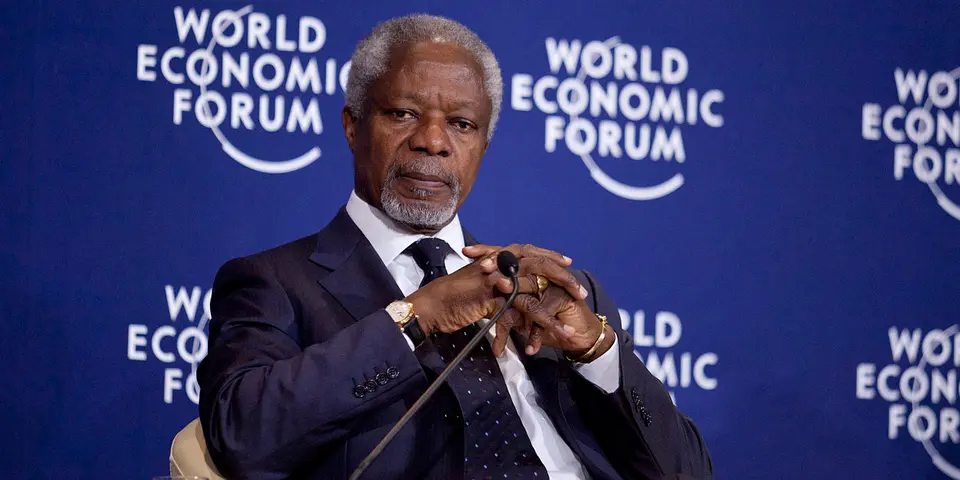
Annan’s state-sponsored visit findings nauseating
December 09, 2016

By Charles Santiago
APHR Chairperson
MP, Malaysia
Maybe the only time that former UN Secretary-General Kofi Annan, showed he had some conscience was in March 2004.
Annan admitted then that he could and should have done more to prevent the genocide of the Tutsis in Rwanda.
The genocide, in which some 800,000 people died, happened when Annan was head of UN peacekeeping forces.
And one would certainly think Annan would do better when an opportunity arises.
But he has denied that the violence unleashed against the Rohingya in Myanmar is genocide, describing the butchering, murder, and rape of the Rohingya as “some fighting and tensions” between the minority Muslims and the military.
Social media has been filled with footage of mutilated bodies, charred corpses, and dead babies as the Rohingya try to free the targeted persecution against them.
Humanitarian groups say that 21,900 Rohingya have fled to Bangladesh in less than two months.
And breaking ranks with ASEAN’s non-interference policy, Malaysia’s Prime Minister Najib Razak has described the ongoing killings as genocide.
While I didn’t expect anything else from Annan—the man who was so passive as to be complicit despite having credible advance warning that a genocide was imminent in Rwanda—this is still shocking.
While in 1994 Annan didn’t want to upset the sitting Hutu government, it now looks as if he wants to align himself with Aung San Suu Kyi, who got Annan to spearhead a fact-finding mission to Rakhine State.
If Annan’s inaction almost assured that the Security Council wouldn’t care two hoots about the Tutsis, his conclusion after a state-sponsored trip will have an impact on foreign governments and international organisations.
Close to 160,000 Rohingya are at the risk of dying from starvation, thousands are facing violence every day, and thousands more are fleeing Myanmar.
This is the time we need all stakeholders to come together to reprimand Myanmar.
Now is when ASEAN governments must push Myanmar to stop the killings.
Today is the day for foreign superpowers to sanction an arms embargo to Myanmar.
If we don’t act now, we will fail the Rohingya just like the United Nations failed Rwanda.
ASEAN Parliamentarians for Human Rights (APHR) was founded in June 2013 with the objective of promoting democracy and human rights across Southeast Asia. Our founding members include many of the region's most progressive Members of Parliament (MPs), with a proven track record of human rights advocacy work.